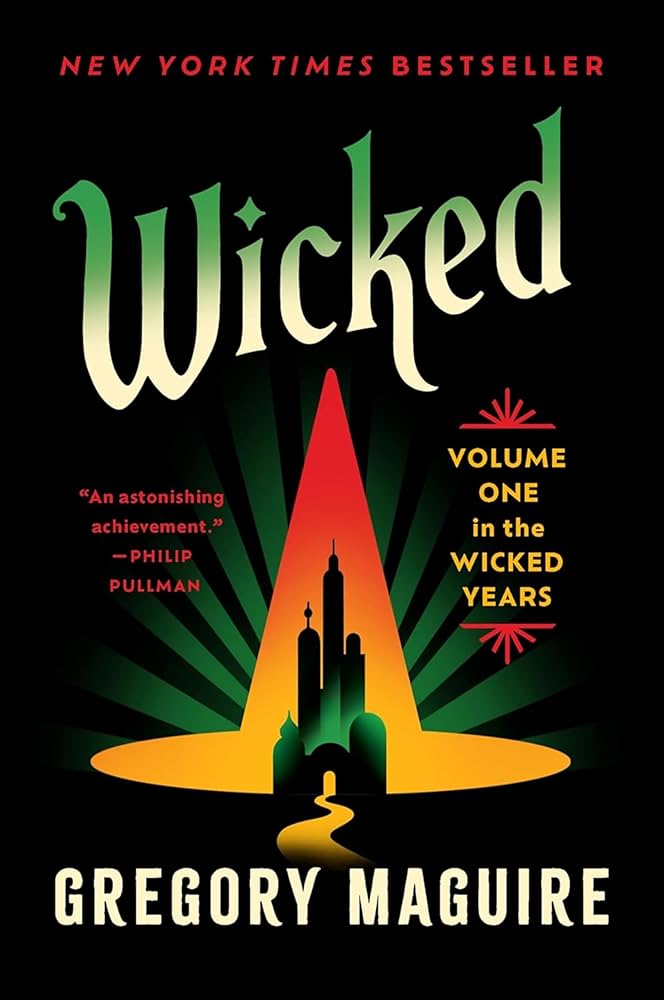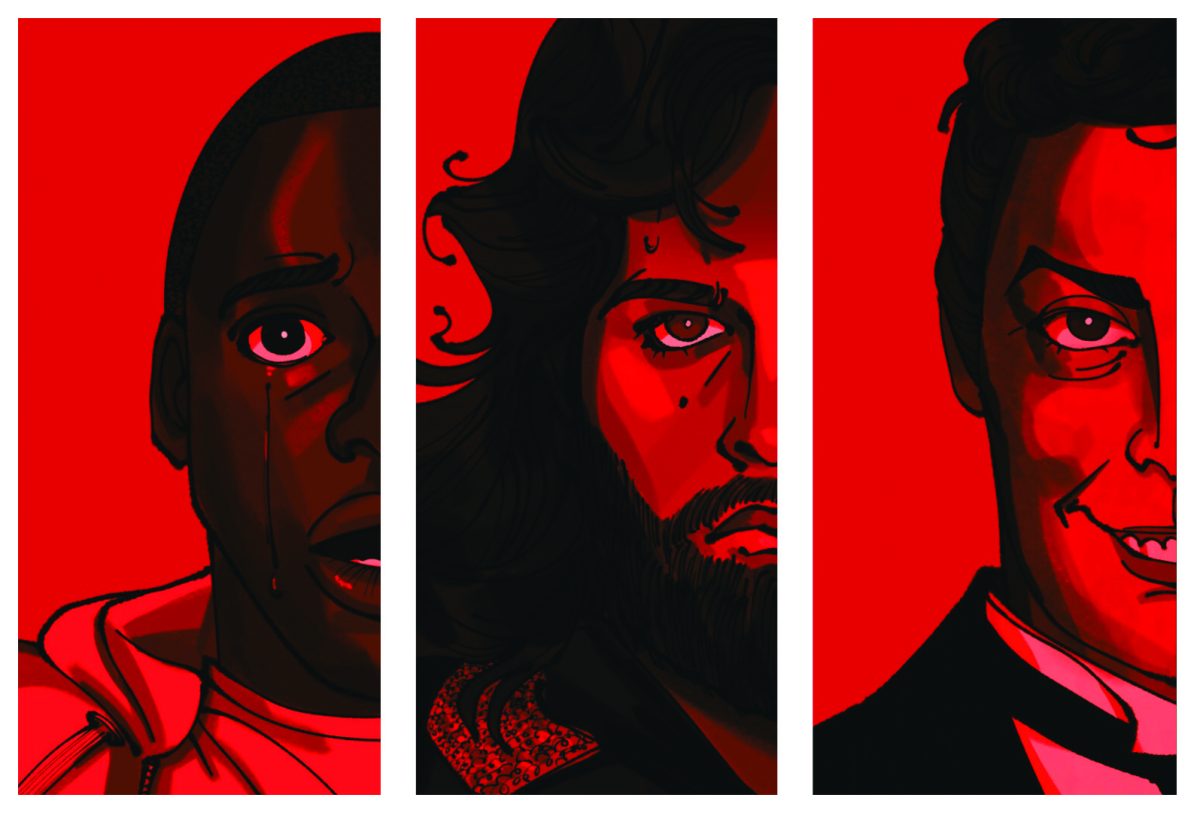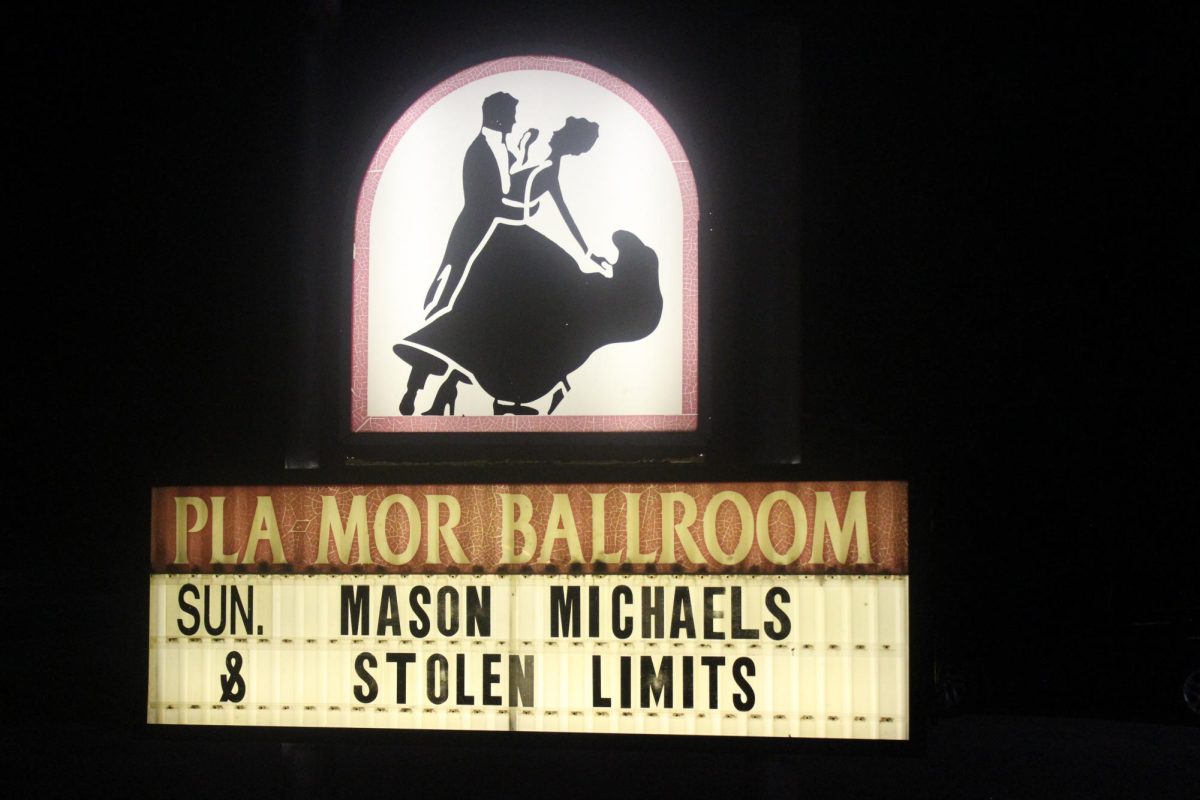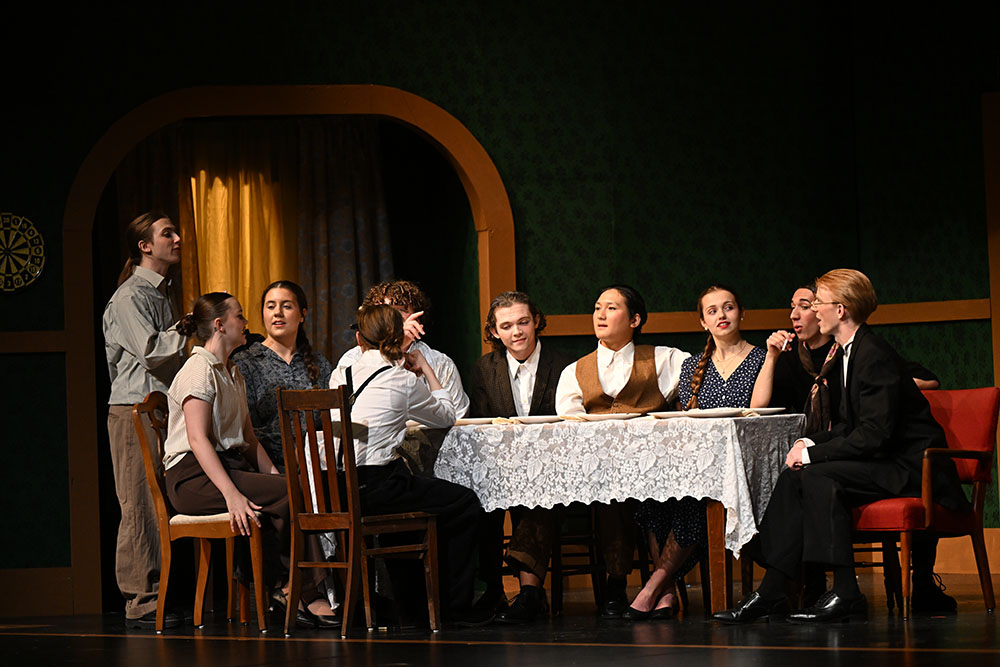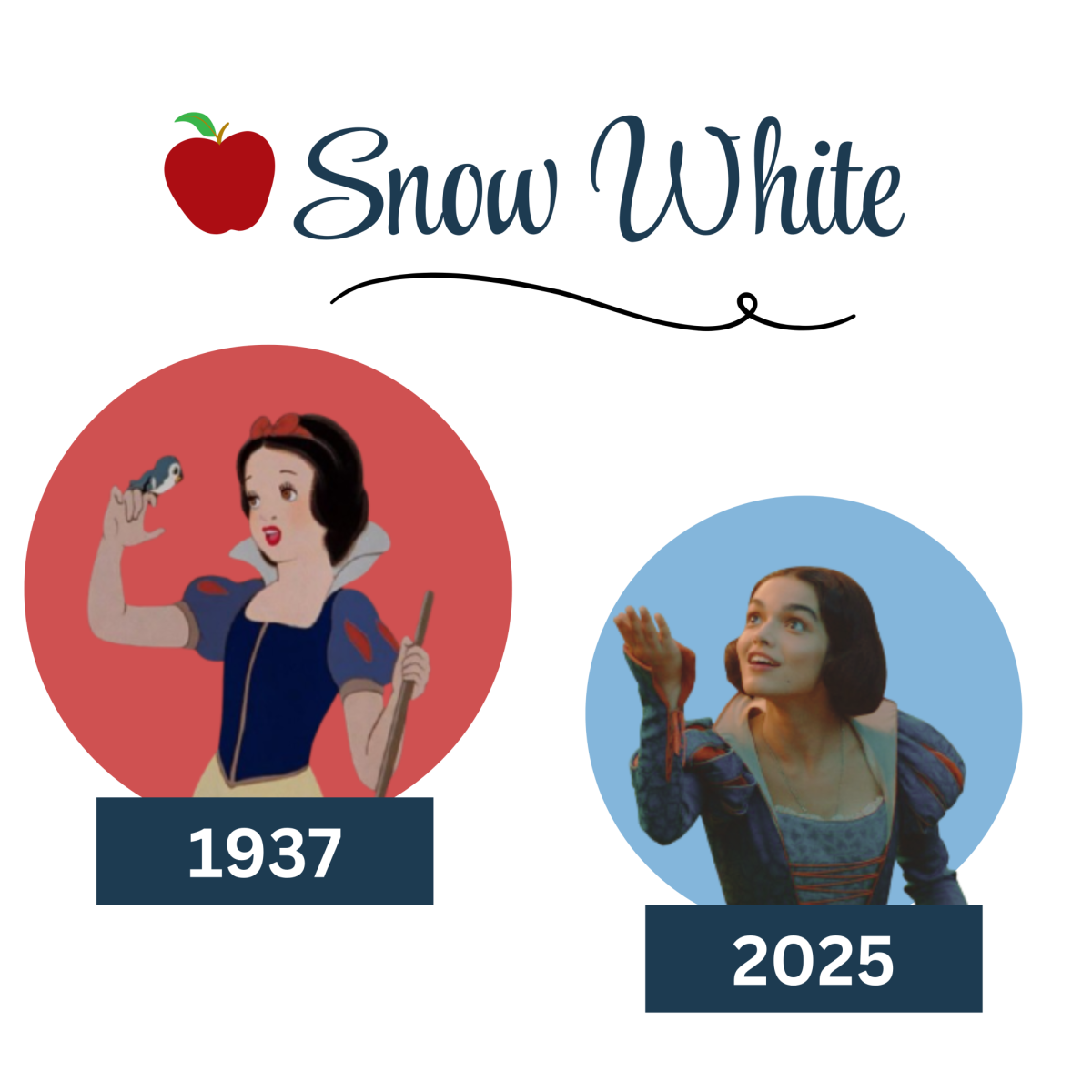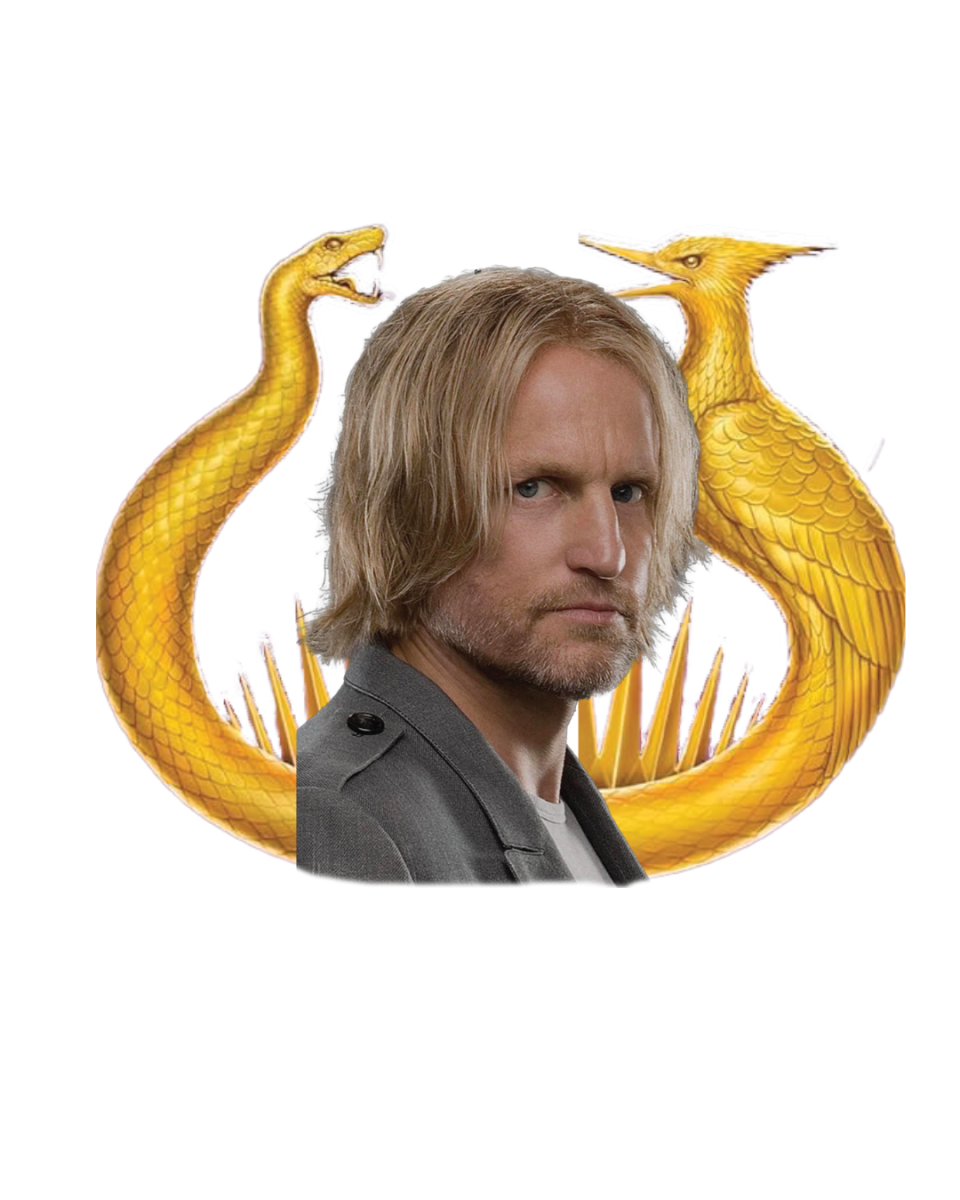Recently, there has been a lot of hype surrounding the new movie release “Wicked,” as well as when the Broadway musical was first performed in 2003. Surprisingly, many people don’t know the story originated from a book.
A simple summary of the book “Wicked” by Gregory Maguire would go something like this: you follow a blunt and (many times) unkind girl with green skin named Elphaba throughout her life, from the moment she was born to her famous death: getting splashed with a bucket of water. You learn about how she turned into a villain and earned the name “The Wicked Witch of the West.”
Just to make this clear before I start, “Wicked” the book is not a children’s story, even though both “Wicked” the musical and “The Wizard of Oz” are. There are mature themes, language and situations that would not be suitable for an audience younger than high school.
If you’re a person that has seen the movie and would like to read the book now, know that the two are drastically different. There’s really no comparison – like comparing apples and chicken wings. The movie adaptation is lighthearted and fun (almost “Disney-fied” some could say), while the book is mainly political with heavy and mature themes.
Getting back to the book (because that is what this review is about after all), I was expecting the same whimsical and magical nature of Oz that I experienced in the classic this book takes inspiration from. Instead, I was met with heavy themes of religion, politics and inequality. I was really disappointed about this, because Oz is so well known for its talking animals, Emerald City and unique magical world – just to name a few things. I think this book would be exponentially more enjoyable if we got a lot more into the magic of this world, but instead we get a few breadcrumbs.
If I had to describe “Wicked” in one sentence, I would use the phrase that I find myself often pulling out of my proverbial pocket when talking about this book: it was nothing to write home about. I don’t think I’ll ever find myself thinking about it again, although I am glad that I can say that I’ve read it.
There were many aspects of “Wicked” that gave me a conniption. First of all, there were four large time jumps, the largest one jumping around 15 years. I found that this often gave me figurative whiplash, and it disconnected me a lot from the characters and the story. Another thing these time jumps did was discard characters we had been following and had started to become connected to. The reader would be getting the perspective of several different characters, and then a time jump would occur, and they’d be completely thrown out of the narrative. You’d suddenly be introduced to a whole new set of characters, the old ones not being brought up until a hundred pages later.
The other thing about the plot that I did not particularly enjoy was the dragged out events that made up much of the book. Many of these lasted unnecessarily long, making for lulls in the story that left my eyelids drooping. There is a part of the story in which Elphaba is traveling to Winkie Country, a journey that lasts a little over 20 pages. Let me tell you, those were the longest 20 pages of my life. I had to force my eyeballs to focus and my brain to process what I was reading (not a good sign). To be honest, “Wicked” is the perfect book to read if you struggle with insomnia.
Another thing that I noticed was that although the romance subplot in the “Wicked” movie is fairly substantial, Elphaba’s romantic relationship in the book lasts about 30 pages. I was surprised by this, because this book was marketed as having a significant subplot of romance. On top of that, the love interest is someone who felt a bit random to me. It seemed like the author had put character names written on scraps of paper in a jar, and then randomly drew one out in order to decide who Elphaba would fall in love with. And even then, the romance wasn’t written in a way that convinces you that she really “falls in love” with this character. It was more like she just chose him because he was close and convenient.
All in all, I felt very relieved to be done with “Wicked”, but that’s not to say that I enjoyed the movie adaptation more. No, I would take the book over the movie any day (although that is a hot take). At least I’d feel like I learned something, and not like I wasted three hours of my life on a myriad of interpretive dances and shallow songs.
Although “Wicked” was not the type of book for me, I can see readers with more refined tastes enjoying and overlooking the flaws I previously pointed out. If you’re the kind of person that is into highly political fantasy (with minimal fantasy elements) and flowery prose, then “Wicked” might be for you.

